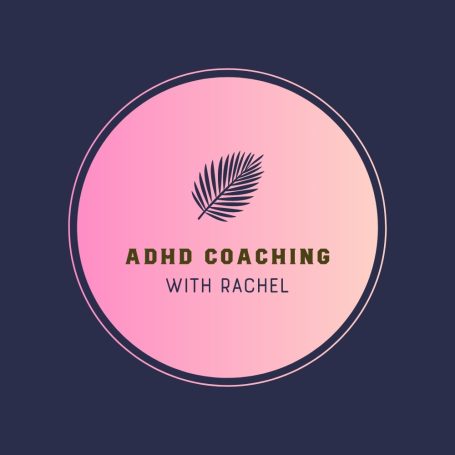I Didn't Even Realise I Was Masking – Until I Finally Felt Safe
I didn’t realise how much I mask—until I stopped.
Recently, I went to an ADHD event hosted by the brilliant Hester Grainger, and something incredible happened. I showed up as my full, unfiltered ADHD self. I wasn’t trying to tone it down or tidy it up. I was animated, expressive, curious, slightly chaotic—and it felt so good.
In fact, it felt so unfamiliar that I didn’t even recognise myself at first.
What hit me afterwards was this: if that’s who I am when I feel safe, how much of me have I been hiding in unsafe spaces?
And that’s when the penny dropped. The office. The team meetings. The professional settings. Even when I’ve loved the work or the people, my nervous system was in protective mode. My brain had learned: this space isn’t built for you. Tread carefully. Mask your true self.
What Is Masking?
Masking is when we suppress or hide parts of who we are to fit into environments that don’t feel safe or accepting. For ADHDers, that often means:
- Holding back our enthusiasm so we don’t seem “too much”
- Silencing our ideas for fear of interrupting or info-dumping
- Sitting still when our body needs to move
- Double- and triple-checking every message to sound “professional”
- Laughing off overwhelm rather than naming it
It’s not about pretending to be someone else—it’s about unconsciously protecting ourselves from judgment, rejection, or harm.
And for many of us, it’s so ingrained we don’t even notice we’re doing it.
The Office: A Masking Minefield
Looking back, I can see it so clearly now: workplaces are one of the most common environments where I—and many neurodivergent people—mask the hardest.
Because offices aren’t neutral spaces. They’re built around norms and expectations that often don’t align with how ADHD brains naturally operate. There's pressure to:
- Be consistent in energy and focus
- Stay organised in neurotypical ways
- Engage socially on cue, even when it’s draining
- Work under fluorescent lights and constant noise
- Sit still for long periods without stimming or pacing
And when you add in performance reviews, power dynamics, and unspoken social rules? Our primal brain—designed to protect us from exclusion—goes into overdrive.
So we mask. We adapt. We push through.
And it costs us. Sometimes slowly. Sometimes all at once.
Masking and Burnout
Here’s the thing: masking isn’t free. It drains our cognitive, emotional, and physical energy. Over time, it can lead to a particular kind of burnout that’s hard to explain—because on the outside, we might still look like we’re coping.
But inside, we’re fraying.
You might feel:
- Exhausted by “normal” workdays
- Disconnected from your team—or from yourself
- Like you’re failing, even when you’re achieving
- More irritable, anxious, or numb than usual
- Prone to shutdowns, meltdowns, or sudden crashes
I’ve been there. And it’s not weakness—it’s the human cost of pretending you’re fine in environments that don’t truly see or support you.
What Helped Me
💡 That day at the ADHD event wasn’t just enjoyable—it was a mirror. A reminder of what’s possible when I’m in spaces that feel genuinely safe, neurodivergent-affirming, and welcoming.
Since then, I’ve been asking:
- Where do I feel most like myself?
- Where do I shrink, silence, or smooth the edges?
- What would it take to bring a little more of my real self into each space?
I’m also giving myself permission to unmask in small ways—whether it’s naming a need, showing vulnerability, or allowing my natural energy to shine through.
And I’m working to create safe, inclusive spaces for others to do the same—because masking shouldn’t be a requirement for belonging.
Final Thoughts
If you’ve been masking without even realising it: you’re not alone.
If you’re burning out because work demands a version of you that feels like a performance: I see you.
And if you’ve ever had a moment where you felt fully yourself—and wondered why that’s so rare—hold on to that. That’s the real you. That’s the whole you.
This isn’t just about me. It’s about what I want for others—especially for my children.
I don’t want them to grow up thinking they have to twist themselves into knots to be accepted. I don’t want them to believe they need to hide their quirks, enthusiasm, sensitivity, or struggles to be successful. I want them to know—deep in their bones—that they are enough exactly as they are.
And the best way I can help make that happen?
Is by unmasking myself. By showing them that it’s safe to be real. That it's powerful to be neurodivergent. That we don’t have to earn belonging by hiding the very things that make us us.
Because every time one of us chooses to unmask, it makes the world a little safer—for all of us.
